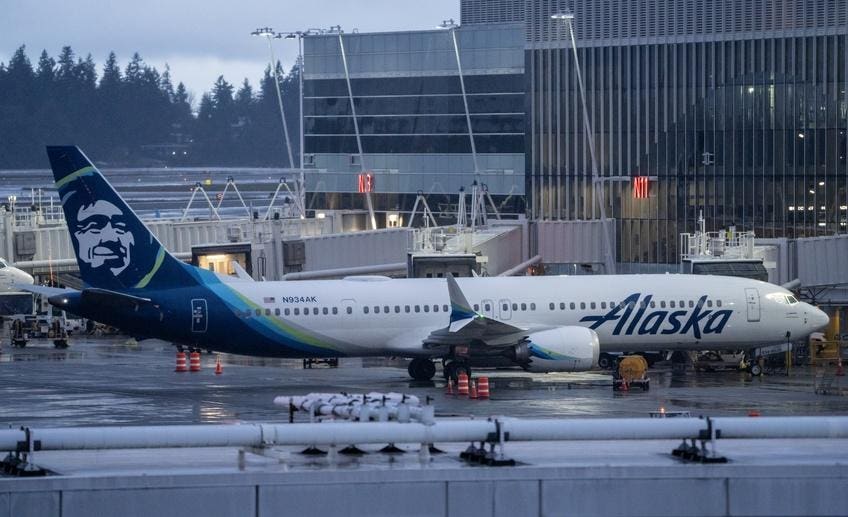The rejection of a plea agreement between Boeing and the Department of Justice by Judge Reed O’Connor represents a rare occurrence in the landscape of federal criminal cases, where plea agreements are the dominant mode of resolution, accounting for 98% of all outcomes. This unusual decision stems from Judge O’Connor’s concerns regarding several key aspects of the proposed agreement, particularly the oversight of the independent compliance monitor and the perceived lack of effectiveness of a prior deferred prosecution agreement. The plea agreement, meant to resolve charges of conspiracy to defraud the Federal Aviation Administration (FAA) in connection with two fatal 737 Max crashes, would have seen Boeing plead guilty and pay a $487 million fine.
At the heart of Judge O’Connor’s rejection lies his unease with the Justice Department’s, rather than the court’s, control over the selection and authority of the independent compliance monitor. This concern is amplified by a perceived failure of a previous deferred prosecution agreement from 2021, which addressed similar misconduct related to the 737 Max. The 2021 agreement stemmed from Boeing’s admission that two employees misled the FAA about a new flight control feature, opting for less expensive computer-based pilot training instead of more rigorous simulator training as a cost-saving measure. Despite this agreement, a subsequent incident involving a door plug detaching mid-flight on an Alaska Airlines 737 Max in January 2024 raised questions about the effectiveness of the earlier agreement and the Justice Department’s oversight.
The current conspiracy charges arose from the Justice Department’s determination that Boeing had violated the 2021 deferred prosecution agreement by failing to establish and maintain adequate compliance and ethics programs to prevent fraud. Judge O’Connor’s rejection highlighted the plea agreement’s provision granting the government sole authority to select the monitor and limiting the court’s ability to enforce the monitor’s recommendations. He deemed this arrangement an unacceptable marginalization of the court’s role, particularly in light of the perceived ineffectiveness of the prior agreement.
Further fueling Judge O’Connor’s skepticism were concerns about the Justice Department’s diversity and inclusion policies influencing the monitor selection process. While the government assured the court that merit and talent would be the sole criteria, the judge expressed doubts about the practical application of these policies, suggesting a potential conflict between merit-based selection and diversity considerations. This added another layer of complexity to the already contentious issue of monitor oversight and authority.
Judge O’Connor’s decision underscores the importance of judicial oversight in ensuring corporate accountability, especially in cases involving public safety. He emphasized the need for the court to play a central role in monitoring compliance to maintain public trust, particularly given the perceived failures of previous government oversight. The judge’s rejection signals a firm stance against what he perceived as an undue limitation of the court’s authority and a potential compromise of the integrity of the monitoring process.
This rejection sends both Boeing and the Justice Department back to the negotiating table, tasked with crafting a revised agreement that addresses Judge O’Connor’s concerns within 30 days. They must now find a balance that satisfies the court’s demand for greater oversight and control while maintaining the government’s role in enforcing compliance. The outcome of this renegotiation will have significant implications for Boeing’s accountability and the future of corporate compliance monitoring in similar cases. The judge’s firm stance highlights the vital role of the judiciary in ensuring that justice is served and public trust is maintained, especially when corporate actions impact public safety.

